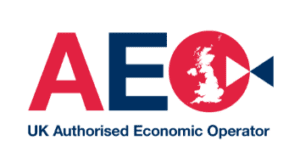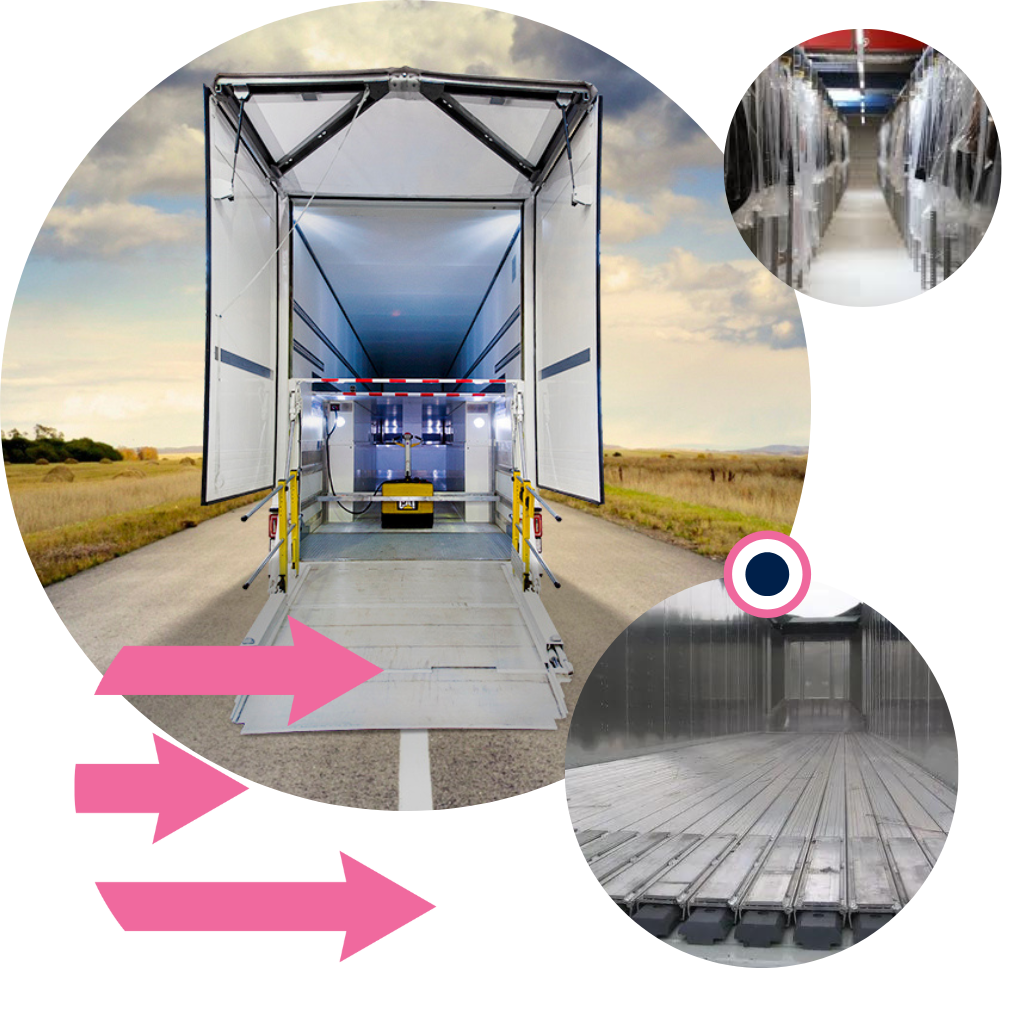Net-Zero is a word, a strategy, that will impact every aspect of our lives, including freight.
Logistics and the impact on climate change
One of the greatest challenges of our time is climate change. Add in the complexity of economies and global infrastructure, where logistics plays a key part, the path to a solution where we can protect the environment and keep supply chains moving is the ultimate test.
As we start our journey to understanding the part we play, as a freight forwarder, on how we can impact change, to support both our suppliers and our customers, we investigate where we are now on this road to recovery.
In June 2019, the UK government legislated a net zero emissions target by 2050. In 2021, the government set two additional interim targets to run a net zero power system and reduce emissions by 78% by 2035. 113 countries and over a third of the world’s largest companies have also set net zero targets. However, not all such commitments are legally binding.
In the UK, the policy pathway to achieve net zero was launched in the ‘Net zero strategy’, published by the Department for Business, Energy and Industrial Strategy in October 2021.
(Lords Library, Parliament)
The challenge with this ambitious target is the amount of emissions the transport sector creates as a whole, producing 24% of the UK’s total emissions in 2020 (406 MtCO2e) of this HGV’s (Heavy Goods Vehicles) accounted for 16% of greenhouse gas emissions according to the Department for Business, Energy and Industrial Strategy.

Ambitious targets require even more ambitious actions. In the pathway to 2050 commitment by the UK’s Department for Transport, the government plan on introducing a new road vehicle CO2 emissions regulatory scheme, launching in 2024, and by 2035 end the sale of non-zero emission HGV’s (under 26t). There are many more initiatives for freight moving by air and sea, all of which are on a path to net zero.

These initiatives are just representative of the UK, but every country will have their plans to create more sustainable supply chains, which will undoubtedly impact imports and exports. Many large suppliers have made huge steps in moving their fleet from diesel to electric, but this only represents a part of all haulage on the roads.
Helping you to navigate through the information
Over the coming months, we will continue to delve into the world of a zero-emission freight and logistics sector and share the key moments that are impacting what’s happening next to help us all make better, smarter and more sustainable decisions for the future.
For more information on our approach to sustainable freight click here:


















